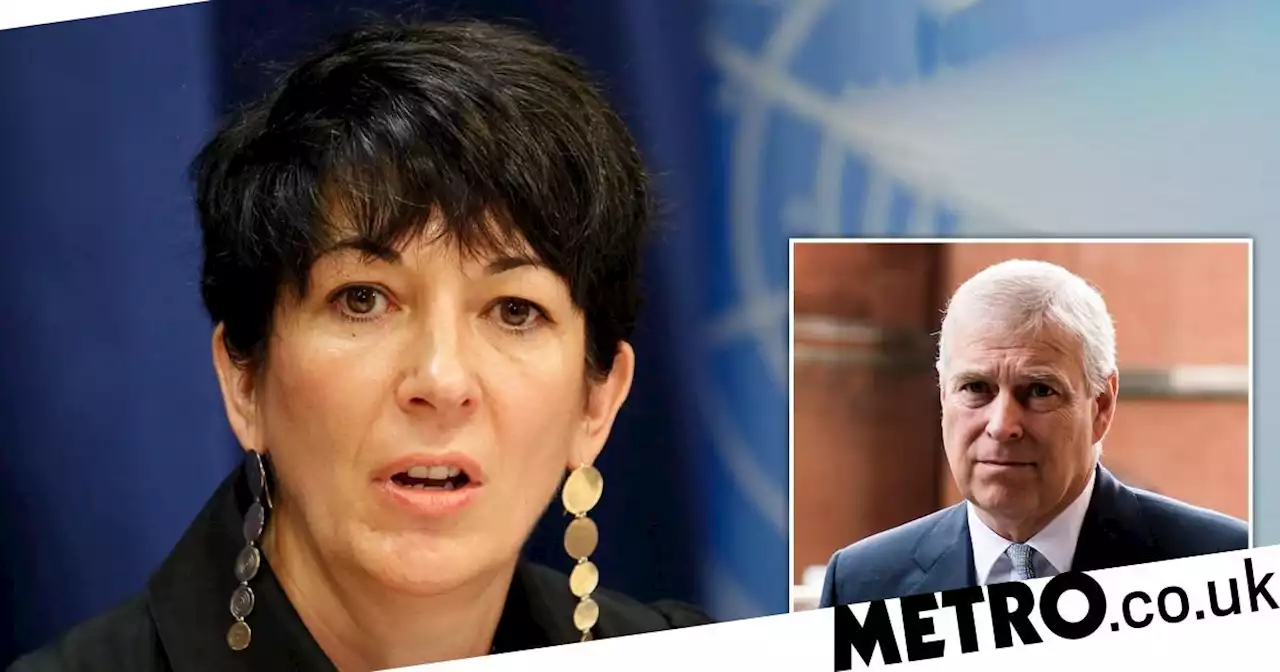A federal trial begins today in Arkansas over the legality of its ban on gender-affirming care for trans youth
by the Williams Insitute at ULCA’s School of Law—can access gender-affirming medical care. The outcome may also have an important impact on other cases challenging similar policies across the country, says Katie Eyer, a professor of law at Rutgers Law School. Those who defend laws restricting gender-affirming care often argue they do not discriminate on the basis of transgender status or sex. If the Arkansas court finds otherwise, Eyer says, it could weaken that defense elsewhere in the country.
What such treatment looks like can vary and is often patient-specific. In young children, gender dysphoria can be treated with non-medical social and behavioral interventions, which might include changing a child’s name, pronouns, or clothing.
In a statement to TIME, Arkansas Attorney General Leslie Rutledge said that she is “wholeheartedly defending” the law, and noted that it does not prevent trans youth from receiving mental health counseling. Instead, Rutledge argues, the law is meant to protect children from making “life-altering, permanent decisions that they may desire to make as an underage child but could regret as an adult.”
Danmark Seneste Nyt, Danmark Overskrifter
Similar News:Du kan også læse nyheder, der ligner denne, som vi har indsamlet fra andre nyhedskilder.
 Rob Rinder slams David Beckham over ‘tragic’ Qatar ambassadorshipBarrister Rob Rinder has questioned David Beckham’s involvement with the Qatar World Cup, claiming it's choosing ‘money over morals’.
Rob Rinder slams David Beckham over ‘tragic’ Qatar ambassadorshipBarrister Rob Rinder has questioned David Beckham’s involvement with the Qatar World Cup, claiming it's choosing ‘money over morals’.
Læs mere »
 Ghislaine Maxwell breaks silence about ‘dear friend’ Prince AndrewDisgraced socialite Ghislaine Maxwell has given a rare interview from prison, saying she ‘feels so bad‘ for Prince Andrew.
Ghislaine Maxwell breaks silence about ‘dear friend’ Prince AndrewDisgraced socialite Ghislaine Maxwell has given a rare interview from prison, saying she ‘feels so bad‘ for Prince Andrew.
Læs mere »
